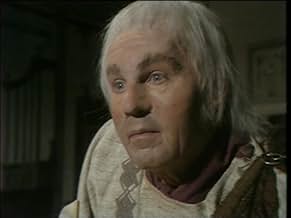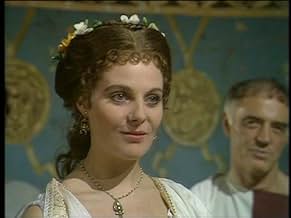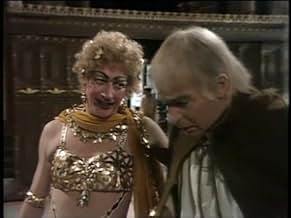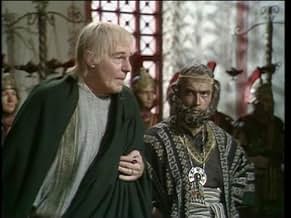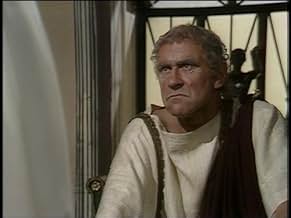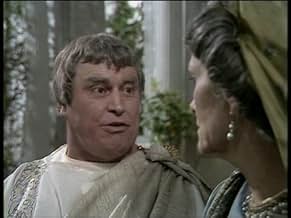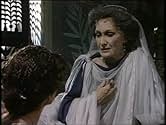The personal and governmental affairs of the Julio-Claudian dynasty at the beginning of the Roman Empire, as recalled by one of its rulers.The personal and governmental affairs of the Julio-Claudian dynasty at the beginning of the Roman Empire, as recalled by one of its rulers.The personal and governmental affairs of the Julio-Claudian dynasty at the beginning of the Roman Empire, as recalled by one of its rulers.
- Won 1 Primetime Emmy
- 7 wins & 5 nominations total
Browse episodes
Storyline
Did you know
- TriviaJohn Hurt revealed that he declined the role of Caligula when it was first offered to him. Because of the time-span of the production, the fact that Derek Jacobi was the only cast member to appear in every episode and the subsequent commitments of the other cast members, Herbert Wise decided to throw a special pre-production party so the entire cast and crew could meet. Wise invited Hurt to the party hoping he would reconsider. When Hurt met the cast and crew, he was so impressed that he immediately took the part.
- GoofsIn the Senate chamber, the famous statue of Romulus and Remus being suckled by a she-wolf is above the door. But the two children were added to the statue in the 15th century.
- Alternate versionsThe show aired in 13 episodes on PBS in 1977, but was originally shown in 12 episodes in England, the first and second episodes having been combined. This is the version now available in the remastered edition on DVD.
- ConnectionsFeatured in The 30th Annual Primetime Emmy Awards (1978)
Featured review
I won't add to the many superlatives ascribed to this wonderful series, well-deserved though they are. But I would like to point out a few vital details that help explain just why it is so wonderful.
(1) Much has been said about Siân Phillips' intense projection of evil, but just how does she do it? If you watch carefully, you'll see she never blinks in her close-up takes, some of which are very long. This gives her a snakelike appearance, which enhances her voice and cold beauty in imparting such an air of menace to everything she says.
(2) Much has also been said about the lack of expensive sets, location shots, or special effects. But the point is that this series is successful because of these apparent deficiencies and not despite them. So much modern cinema and TV is swamped by expensive irrelevances to the detriment of the basics -- writing, acting, and timing. 'I Claudius' shows just how important these things are, and how unimportant those expensive special effects can be.
(3) I had the good fortune to read both books before the series was made, and then to watch it with a critical eye. It was satisfying to see such an expert adaptation, but especially so to see how the central point of the story has not been lost: the inability of any ruler, however powerful, to control what happens at the end of the long chain of command that inevitably forms. I found this a message of lifelong importance in both politics and management, and it is rare indeed that such a remarkable piece of drama and entertainment is also so fundamentally educational.
(1) Much has been said about Siân Phillips' intense projection of evil, but just how does she do it? If you watch carefully, you'll see she never blinks in her close-up takes, some of which are very long. This gives her a snakelike appearance, which enhances her voice and cold beauty in imparting such an air of menace to everything she says.
(2) Much has also been said about the lack of expensive sets, location shots, or special effects. But the point is that this series is successful because of these apparent deficiencies and not despite them. So much modern cinema and TV is swamped by expensive irrelevances to the detriment of the basics -- writing, acting, and timing. 'I Claudius' shows just how important these things are, and how unimportant those expensive special effects can be.
(3) I had the good fortune to read both books before the series was made, and then to watch it with a critical eye. It was satisfying to see such an expert adaptation, but especially so to see how the central point of the story has not been lost: the inability of any ruler, however powerful, to control what happens at the end of the long chain of command that inevitably forms. I found this a message of lifelong importance in both politics and management, and it is rare indeed that such a remarkable piece of drama and entertainment is also so fundamentally educational.
Details
Contribute to this page
Suggest an edit or add missing content




